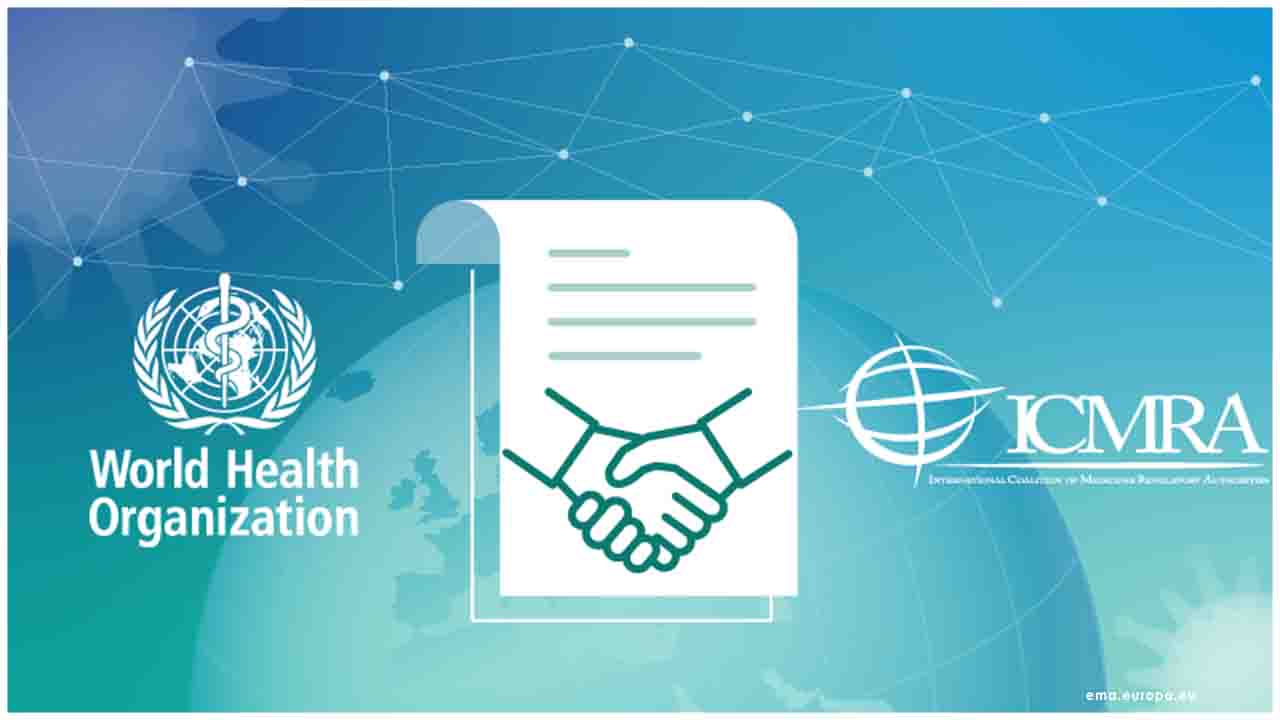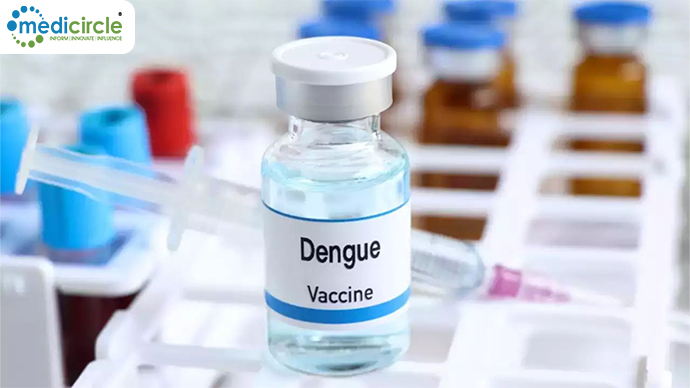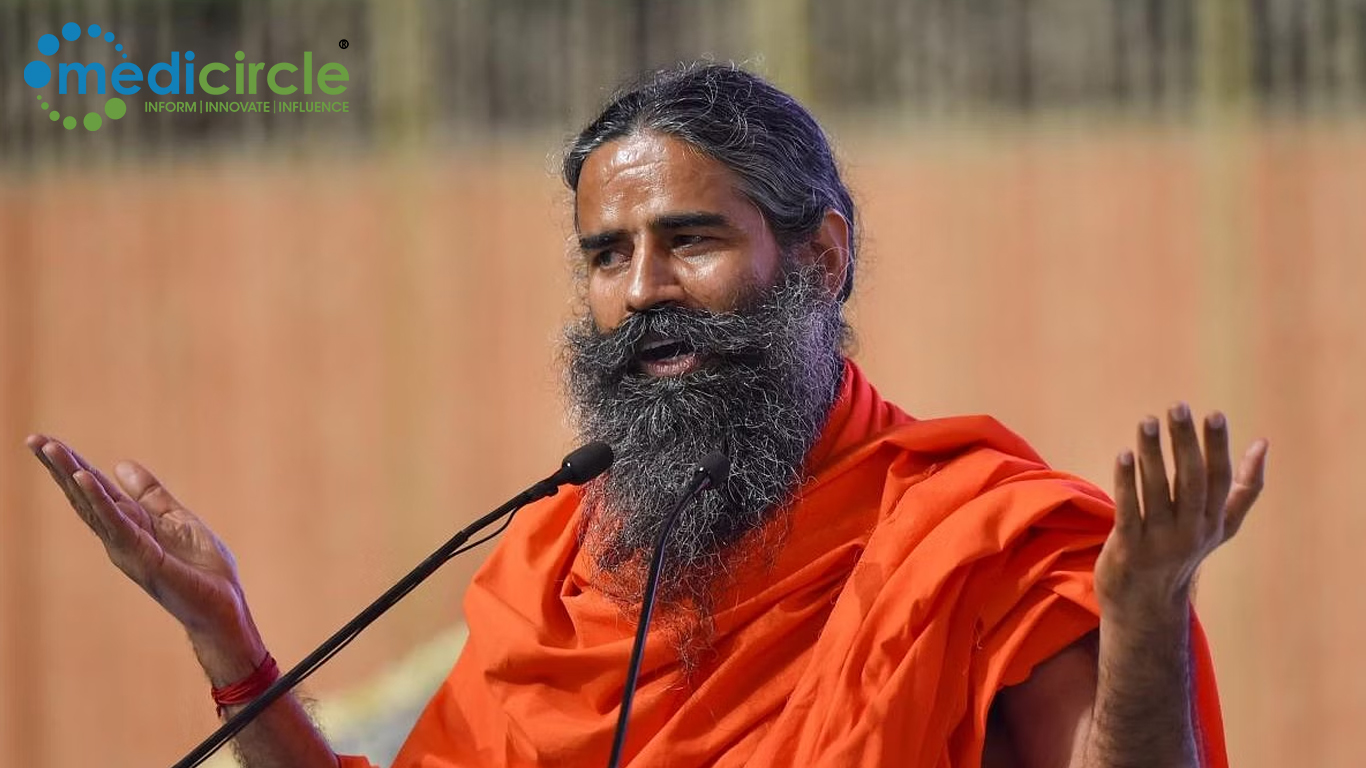The International Coalition of Medicines Regulatory Authorities (ICMRA) and the World Health Organization (WHO) have committed to working together to ensure that patients have access to safe and effective health products against COVID-19 as early as possible, while the existing rigorous scientific standards for the evaluation and safety monitoring of treatments and vaccines are maintained at all times.
In their joint statement, international medicines regulators and WHO reiterates that therapeutics and vaccines against COVID-19 can only be rapidly approved if applications are supported by robust and sound scientific evidence that allows medicine regulators to conclude on a positive benefit-risk balance for these products.
ICMRA and WHO also pledge to take concrete actions to ensure equitable access to safe, effective, and quality-assured medicines for the treatment or prevention of COVID-19 around the world.
ICMRA and WHO continue to join forces in collaborating to address the unprecedented global health challenges related to the COVID-19 pandemic, affecting so many people in the world. These challenges are best addressed by working together to ensure existing rigorous scientific standards of review and oversight are maintained, while still giving patients access to safe and effective medical products at the earliest time possible Regulatory authorities for medical products, including medicines and vaccines, have the responsibility to approve quality-assured, safe and effective products based on robust and reliable data. Regulatory approval should be based on an independent scientific assessment of the balance of benefits and risks. Robust and reliable data on efficacy and safety to support market approval of medicines and vaccines are best collected through randomized controlled clinical trials which control for bias, meet Good Clinical Practice standards, respect the rights, autonomy, and safety of clinical trial participants, and can be audited. To ensure patients have fast access to safe and effective medicines and vaccines, WHO and ICMRA, together with other stakeholders including public health institutions, are committed to the following actions: Working to prioritize well-designed clinical trials that will provide robust and reliable results. Ensuring that there are meaningful and scientifically sound endpoints and safety data of sufficient duration in clinical trials; Sharing data between regulators in real-time to facilitate multi-country approvals; Putting in place processes and policies utilizing the principles of regulatory agility by ICMRA members and WHO member states, providing an agile and rapid response to the global emergency; Committing to full transparency of clinical trial results to support regulatory decisions, as well as ensuring public trust in authorities and confidence in vaccines Working together to prevent and/or mitigate shortages of critical medicines and vaccines; Continue working together once these COVID-19 therapies and vaccines are authorized and used to monitor their use, and identify, communicate and mitigate any safety or efficacy issues which may arise; Reduce the risks associated with unproven treatments, potentially fraudulent and false claims, which endanger patients’ lives.In view of a large number of COVID-19 vaccines and treatments under development and their potentially imminent roll-out, the World Health Organization (WHO) and the International Coalition of Medicines Regulatory Authorities (ICMRA) have joined forces to uphold and promote the most rigorous, evidence-based regulatory practices by supporting the alignment of regulatory processes across all countries.
As in other areas of the pandemic response, multilateral cooperation between regulatory authorities will be critical in ensuring there is a level playing field, that COVID-19 vaccines and medicines are safe, effective, and quality-assured, and that all countries may benefit from such products equitably and at the same time. This joint statement commits each organization to a series of actions to make this happen.

 The ICMRA and WHO have committed to working together to ensure that patients have access to safe and effective health products against COVID-19 as early as possible.
The ICMRA and WHO have committed to working together to ensure that patients have access to safe and effective health products against COVID-19 as early as possible.






.png)
.png)
.png)










.jpeg)

.jpeg)










.jpg)




.jpg)

